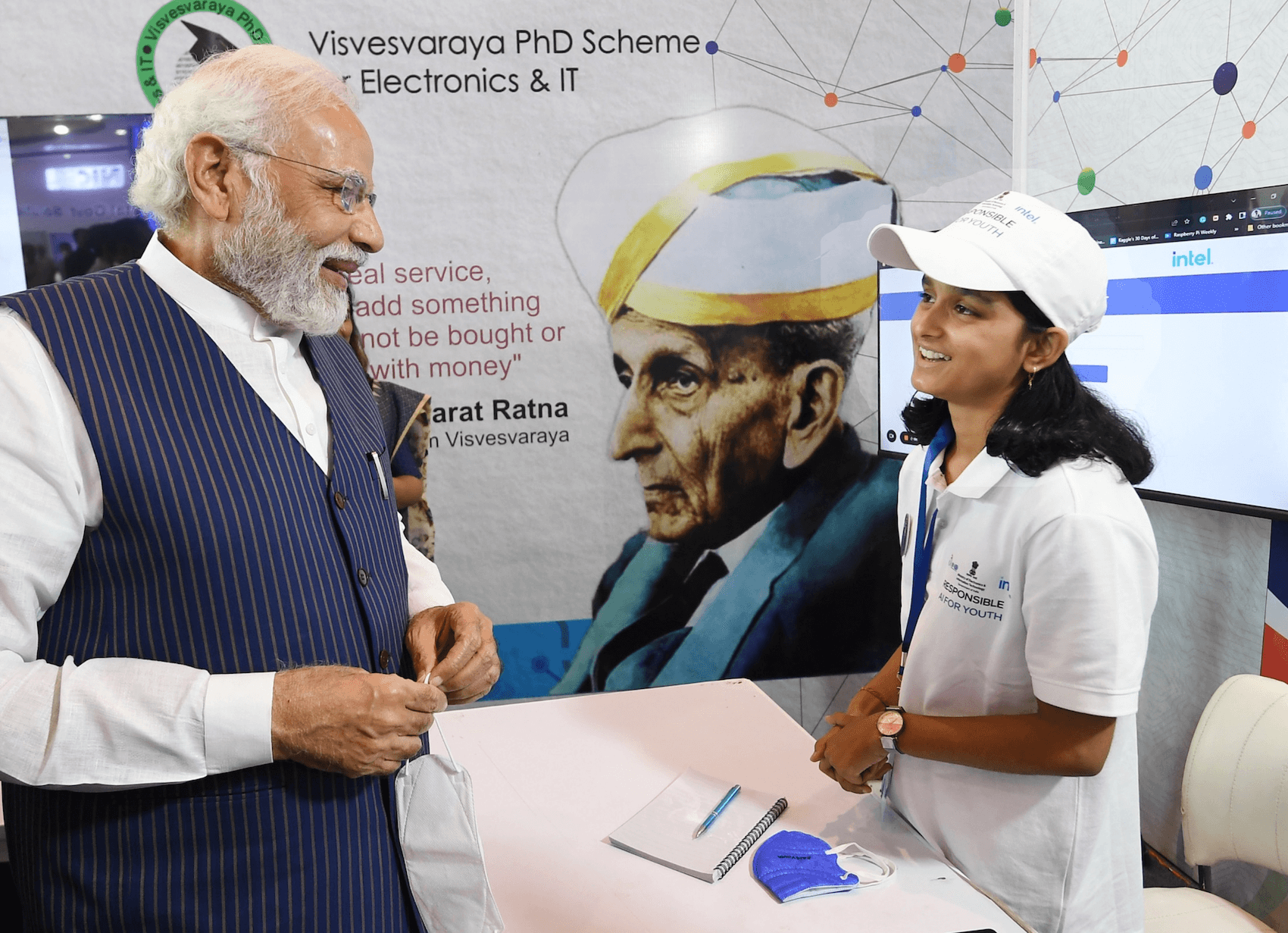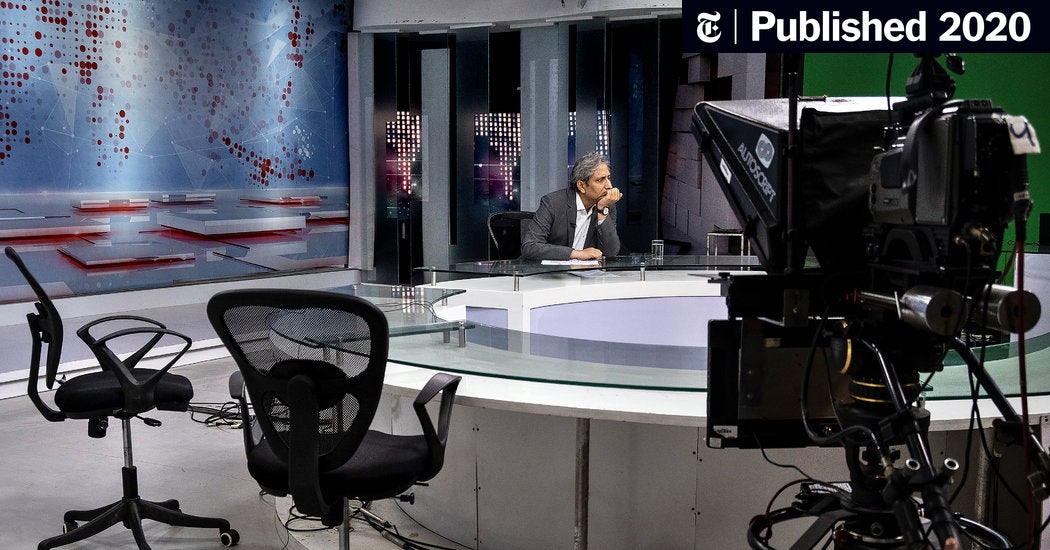INDIAPOSITIVE
ELITE MEMBER

- Joined
- Sep 20, 2014
- Messages
- 9,318
- Reaction score
- -28
- Country
- Location
WHEN THE BJP-led Karnataka government prohibited the wearing of hijab in classrooms last year, Tabassum Shaik, an 18-year-old student of a private pre-university college (PUC), was faced with a decision — prioritise her education, or adhere to her religious beliefs.
For Tabassum, the choice was clear. “I decided to give up the hijab (in college) and pursue my education. We will need to make some sacrifices for education,” said the student of Nagarathnamma Meda Kasturiranga Setty Rashtreeya Vidyalaya (NMKRV) College for Women in Bengaluru.
A year later, her decision has paid off. On Friday, she achieved the top score in the PUC-II exam (equivalent to the Class 12 board exam elsewhere) conducted by the Karnataka Pre-University Education Department. She is the state Arts topper this year, scoring 593 out of 600 marks and achieving a perfect 100 in Hindi, Psychology and Sociology.
Recalling the chaos and confusion that prevailed when protests erupted over the hijab ban in PUCs across Karnataka, Tabassum said she was concerned about its impact on her education, as she had always worn a hijab in class until then.
The hijab row erupted early last year after six girl students of a government PUC in Udupi claimed they were not allowed to attend class wearing them. This led to protests that spread to other districts, following which the state government passed an order asking students to stick to prescribed uniforms in PUC (Classes 11, 12) and degree colleges. In most government and private colleges, the hijab is not part of the uniform.
“It affected me. I was worried,” Tabassum told The Indian Express. She said some of her friends moved to other colleges that permitted the wearing of hijab, and a few others switched to open schooling after her pre-university college implemented the government order.
“But between education and hijab, I chose education. We will need to make some sacrifices to accomplish bigger things,” she said.
And she had her parents’ whole-hearted support. “When the (government) order was enforced, I was very clear – let us follow the law of the land. Education is important for children,” said her father, Abdul Khaum Shaik, an electrical engineer.
Tabassum said that after the state government’s order, while she wore the hijab on her way to college, she followed the rule when she entered the campus. “My college had designated a separate room where I could remove it (hijab) before attending classes,” she said. But on Friday, when Tabassum wore a hijab to her PUC to meet her principal and teachers, nobody objected.
Despite being affected by the Covid-19 situation, Tabassum said the quality of education and the faculty in her college made a difference. “Our lecturers were motivating. I had anticipated a score of over 95 per cent, but I didn’t dream of becoming the topper. It has made me really happy,” she said.
Tabassum said she wants to become a clinical psychologist. For now, she plans to enrol for the undergraduate liberal arts programme at R V University in Bengaluru. Her elder brother, an engineering graduate, is currently pursuing an MTech degree.
While the hijab ban did not affect exam attendance or overall girls’ enrolment in PUCs across the state, in Udupi district, the epicentre of protests for and against the headscarf, it led to a significant shift of Muslim students from government to private PUCs, according to data accessed by The Indian Express.
According to the data, 186 Muslim students were admitted to PUC I (or Class 11) in government pre-university colleges in Udupi for 2022-23, down from 388 in 2021-22. Of these, a gender break-up showed 91 Muslim girls were admitted to PUC I in government institutions, down from 178 in 2021-22, while the enrolment of Muslim boys had dropped from 210 to 95 in this period.
This fall is offset by an increase in their enrolment across private (or unaided) PUCs in the district. In 2022-23, 927 students from the community enrolled in PUC I in unaided colleges as opposed to 662 in 2021-22. While the admission of Muslim boys showed an increase from 334 to 440, the number of girls increased from 328 to 487.

 indianexpress.com
indianexpress.com
For Tabassum, the choice was clear. “I decided to give up the hijab (in college) and pursue my education. We will need to make some sacrifices for education,” said the student of Nagarathnamma Meda Kasturiranga Setty Rashtreeya Vidyalaya (NMKRV) College for Women in Bengaluru.
A year later, her decision has paid off. On Friday, she achieved the top score in the PUC-II exam (equivalent to the Class 12 board exam elsewhere) conducted by the Karnataka Pre-University Education Department. She is the state Arts topper this year, scoring 593 out of 600 marks and achieving a perfect 100 in Hindi, Psychology and Sociology.
Recalling the chaos and confusion that prevailed when protests erupted over the hijab ban in PUCs across Karnataka, Tabassum said she was concerned about its impact on her education, as she had always worn a hijab in class until then.
The hijab row erupted early last year after six girl students of a government PUC in Udupi claimed they were not allowed to attend class wearing them. This led to protests that spread to other districts, following which the state government passed an order asking students to stick to prescribed uniforms in PUC (Classes 11, 12) and degree colleges. In most government and private colleges, the hijab is not part of the uniform.
“It affected me. I was worried,” Tabassum told The Indian Express. She said some of her friends moved to other colleges that permitted the wearing of hijab, and a few others switched to open schooling after her pre-university college implemented the government order.
“But between education and hijab, I chose education. We will need to make some sacrifices to accomplish bigger things,” she said.
And she had her parents’ whole-hearted support. “When the (government) order was enforced, I was very clear – let us follow the law of the land. Education is important for children,” said her father, Abdul Khaum Shaik, an electrical engineer.
Tabassum said that after the state government’s order, while she wore the hijab on her way to college, she followed the rule when she entered the campus. “My college had designated a separate room where I could remove it (hijab) before attending classes,” she said. But on Friday, when Tabassum wore a hijab to her PUC to meet her principal and teachers, nobody objected.
Despite being affected by the Covid-19 situation, Tabassum said the quality of education and the faculty in her college made a difference. “Our lecturers were motivating. I had anticipated a score of over 95 per cent, but I didn’t dream of becoming the topper. It has made me really happy,” she said.
Tabassum said she wants to become a clinical psychologist. For now, she plans to enrol for the undergraduate liberal arts programme at R V University in Bengaluru. Her elder brother, an engineering graduate, is currently pursuing an MTech degree.
While the hijab ban did not affect exam attendance or overall girls’ enrolment in PUCs across the state, in Udupi district, the epicentre of protests for and against the headscarf, it led to a significant shift of Muslim students from government to private PUCs, according to data accessed by The Indian Express.
According to the data, 186 Muslim students were admitted to PUC I (or Class 11) in government pre-university colleges in Udupi for 2022-23, down from 388 in 2021-22. Of these, a gender break-up showed 91 Muslim girls were admitted to PUC I in government institutions, down from 178 in 2021-22, while the enrolment of Muslim boys had dropped from 210 to 95 in this period.
This fall is offset by an increase in their enrolment across private (or unaided) PUCs in the district. In 2022-23, 927 students from the community enrolled in PUC I in unaided colleges as opposed to 662 in 2021-22. While the admission of Muslim boys showed an increase from 334 to 440, the number of girls increased from 328 to 487.

‘I chose education over hijab… will need to make some sacrifices,’ says Karnataka II PUC topper
State board exam topper says she was worried after Karnataka govt’s hijab order, but choice was clear








